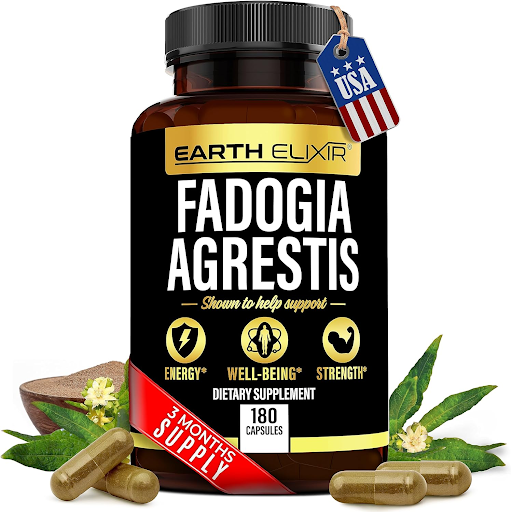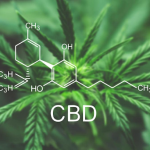
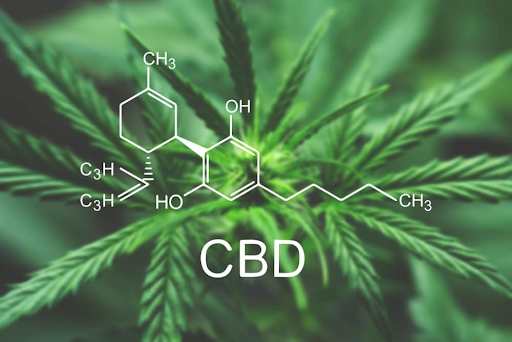
CBD, abbreviated for cannabidiol, has gained popularity in recent years, notably as a supplement. However, due to the presence of tiny levels of THC, it may be detected in drug tests or screens. Indeed, new evidence indicates that drug testing cannot distinguish between the two.
This is especially concerning if you are looking for work or are required to submit to drug testing for other reasons (e.g., being on parole). While it is a frequent misperception that CBD and THC are synonymous, while CBD is a natural supplement, THC metabolites can still be discovered during drug screens.
There is no straightforward answer to the question of how long CBD remains in your system. It is dependent on a variety of parameters, including the method of administration, the dose, and the frequency of usage. Let’s take a deeper look at the many methods you may consume CBD and how it is processed by your body. Then we’ll discuss how long it will last in various systems throughout your body.
HOW DOES CBD ACTUALLY WORK?
CBD exerts its effects through a unique interaction with the human body’s endocannabinoid system. This system is composed of many receptors that are responsible for maintaining the body’s equilibrium. CBD exerts its action by activating certain receptors. Additionally, it initiates additional effects by increasing the amount of anandamide in the body. CBD activates the ECS when it binds to CB 1 and 2 receptors located throughout the body.
How long does CBD stay?

The first thing to understand is that you must absorb a sufficient amount of CBD for it to have any impact. Depending on how CBD is administered, a significant portion of its effect may be lost. By swallowing it, the medicine is forced to pass through the liver, and up to 95% of it never reaches the circulation. Lazarus Naturals CBD that is vaped or smoked has the highest bioavailability (how much is absorbed and enters the circulation), while CBD oil tinctures administered sublingually (under the tongue) come in second.
Due to the quick delivery of CBD to the brain via inhalation, users may experience a much more immediate and strong impact than they would with tinctures or edibles. However, the therapeutic effects—reduced inflammation, pain, and anxiety—are eventually visible from all types of ingestion, if they are consumed in sufficient quantities. Appropriate CBD dose may take some trial and error. CBD’s effects often wear off within a few hours, although this is dependent on the dosage, the mode of administration, and the user’s size, metabolism, and history of usage. If you have a recurrence of pain or anxiety, simply take extra CBD. There is no way to overdose on CBD in a practical sense.
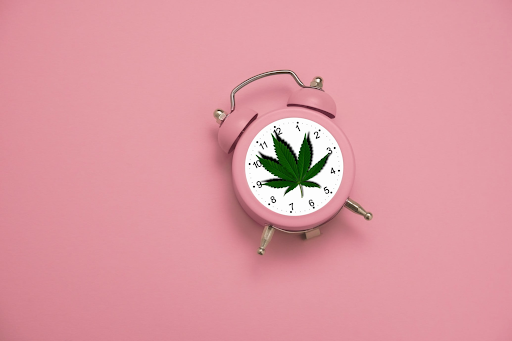
HOW LONG DO CBD’S EFFECTS LAST?
The duration of CBD’s effects in the human body varies significantly across individuals. On average, it lasts between two and twelve hours, although it might last longer. Physical conditions, heredity, and the dose you take all contribute to the effects lasting longer. A higher dose will undoubtedly prolong the duration of the effects, whilst a lower dose may have the reverse effect.
How long do the effects take to manifest?
It fluctuates according to the same factors that affect the length of time CBD remains in your system. The kind of CBD utilised, the dose, and your body composition all contribute to the difficulty of predicting when CBD will kick in and how it will affect you. Generally, you will feel the benefits of it within 15 minutes of vaping or sublingually administering it. It may take up to an hour or two for edibles and topical treatments to take effect.
What affects the duration of CBD’s action in your body?
Given that individuals react differently to CBD and its effects, it is reasonable to conclude that the duration of CBD’s presence in the body varies by individual. This implies that your gender, body weight, metabolism, and the amount of cannabidiol you consume may all have an effect on how long it stays in your system.
Additionally, there is the consuming technique to consider. We know that the manner in which this hemp-derived substance is ingested has an influence on its effect in the body, including the rate at which it reaches the bloodstream. According to research, the mode of distribution may also affect how long the medication remains in the system. For instance, it appears that inhalation, which results in the quickest absorption into the circulation, may also result in the longest retention in the body.
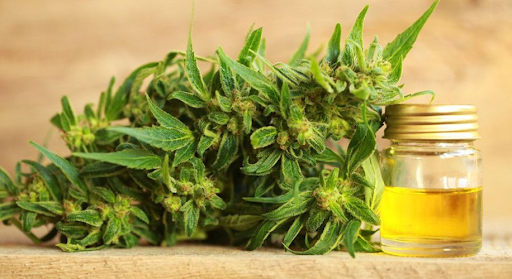
Conclusion
Choosing the appropriate quantity and frequency of administration may be as simple as paying attention to your body. When CBD produces the intended effect, whether it’s reduced anxiety or increased sleep, you’re probably taking an adequate dose. If the effects begin to fade, it is most likely time for another dose.




